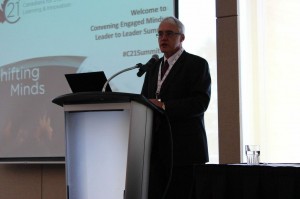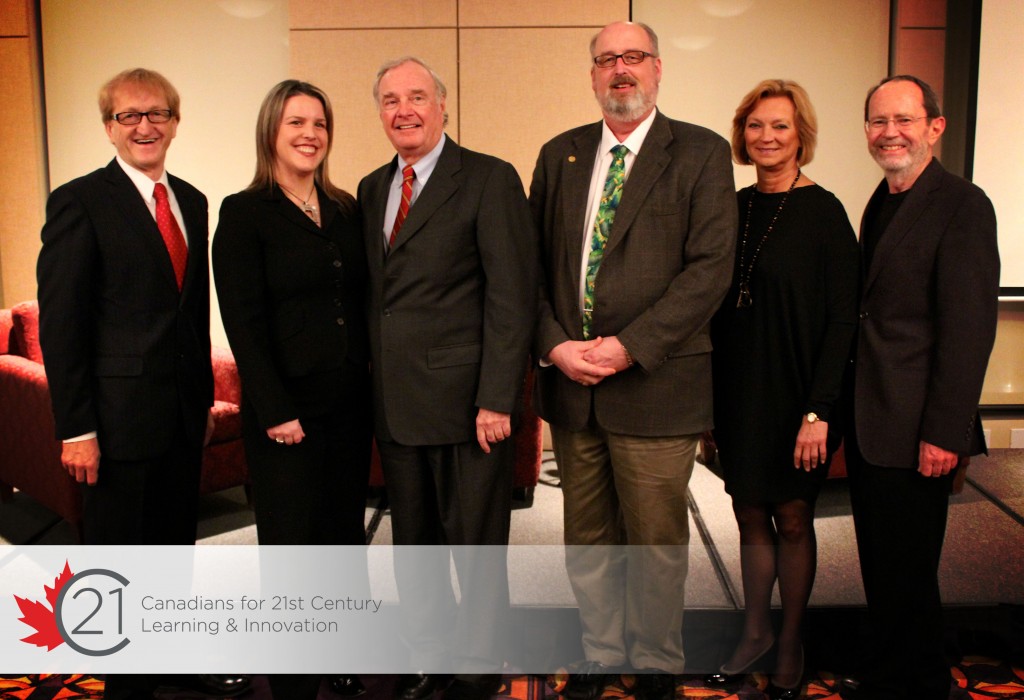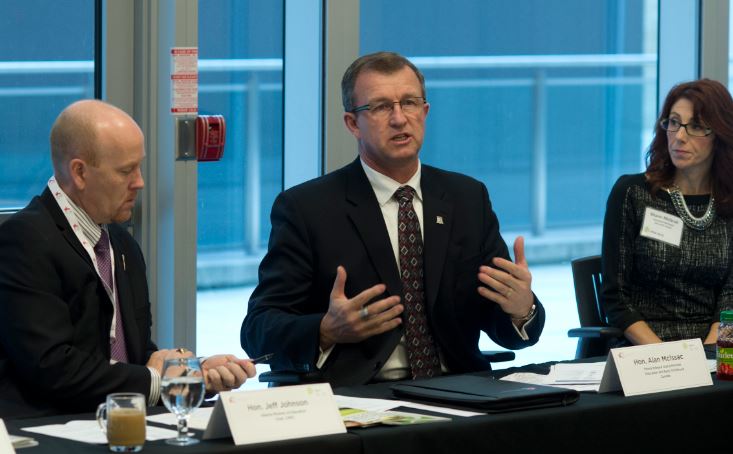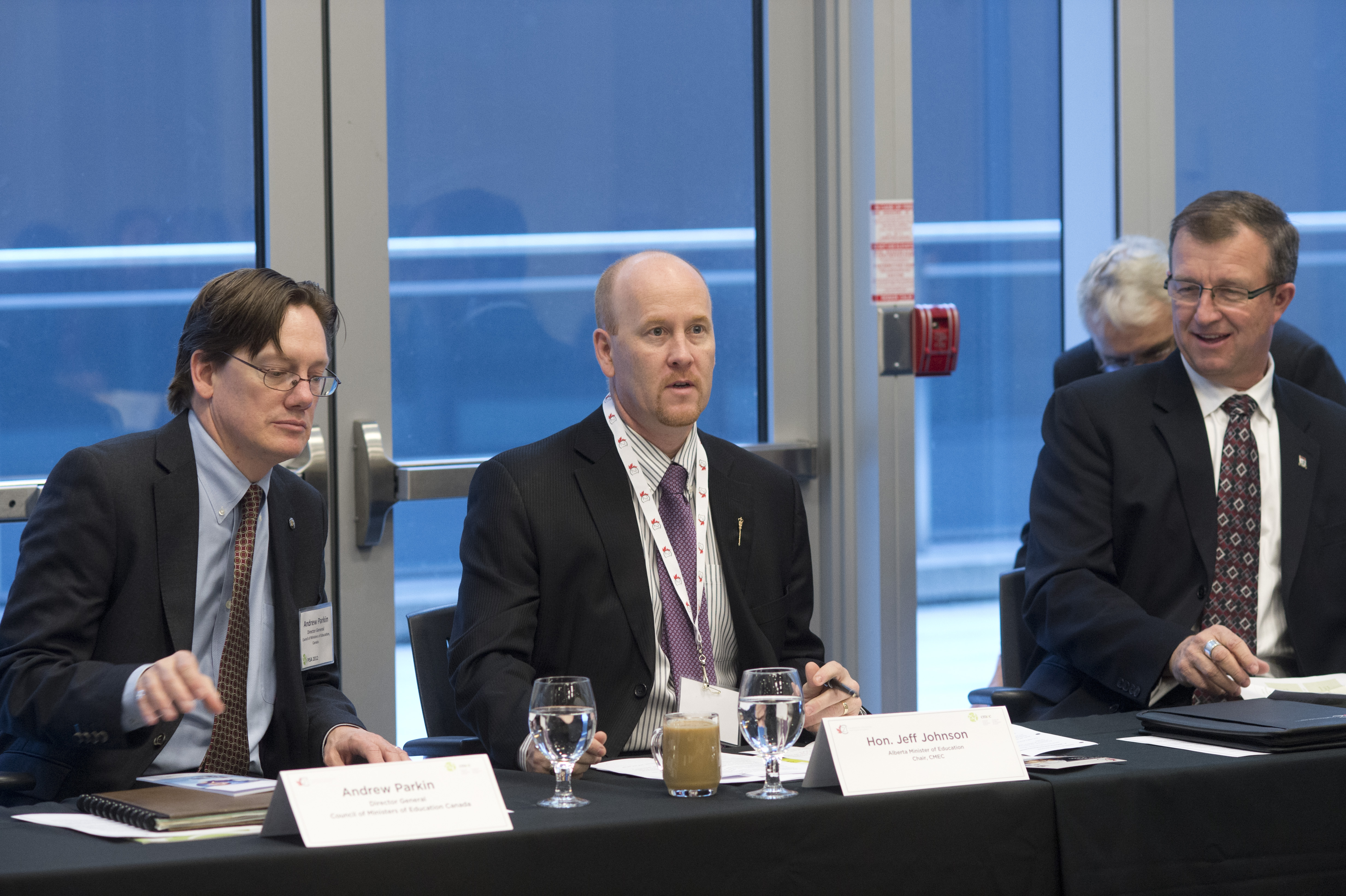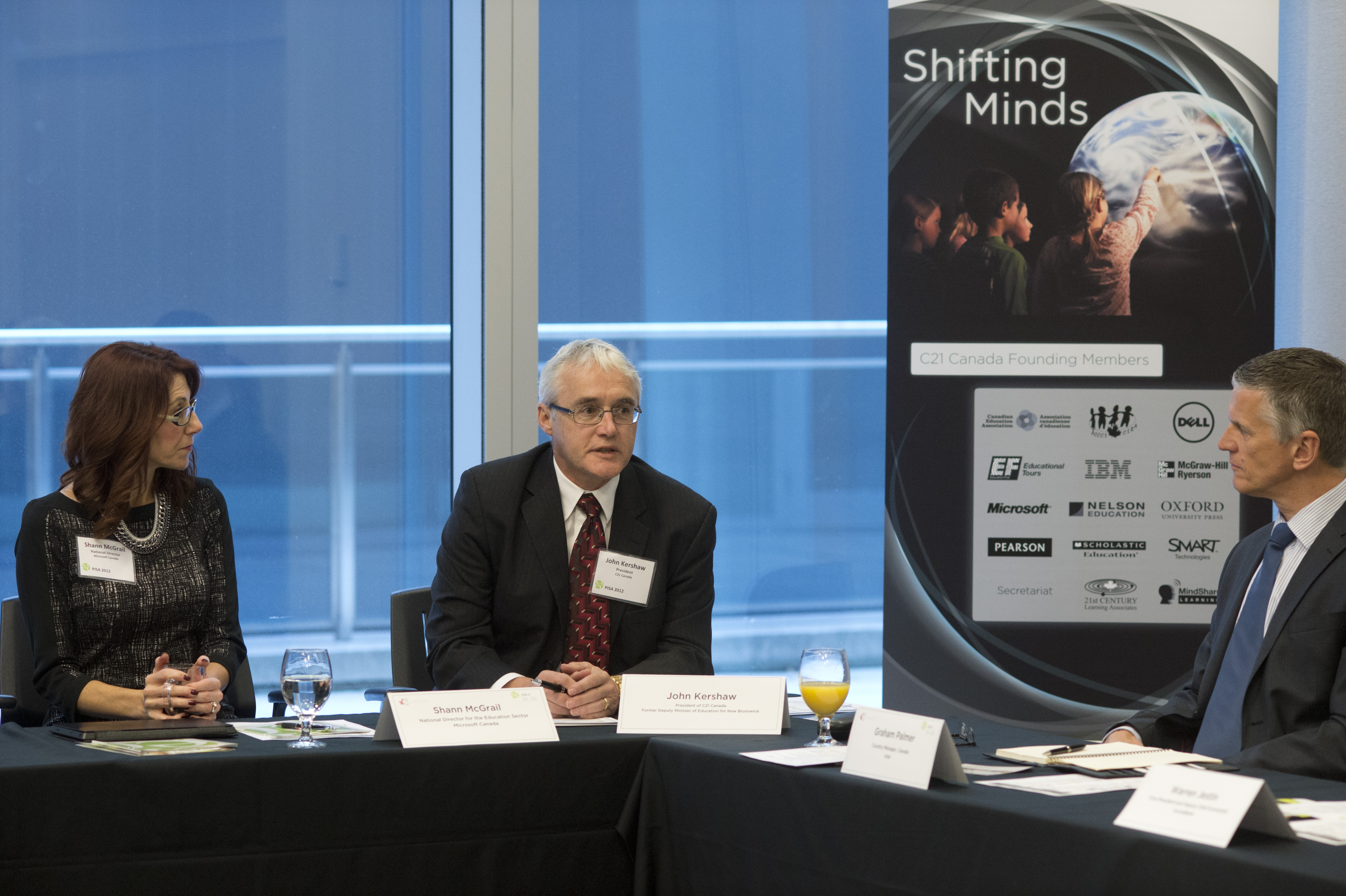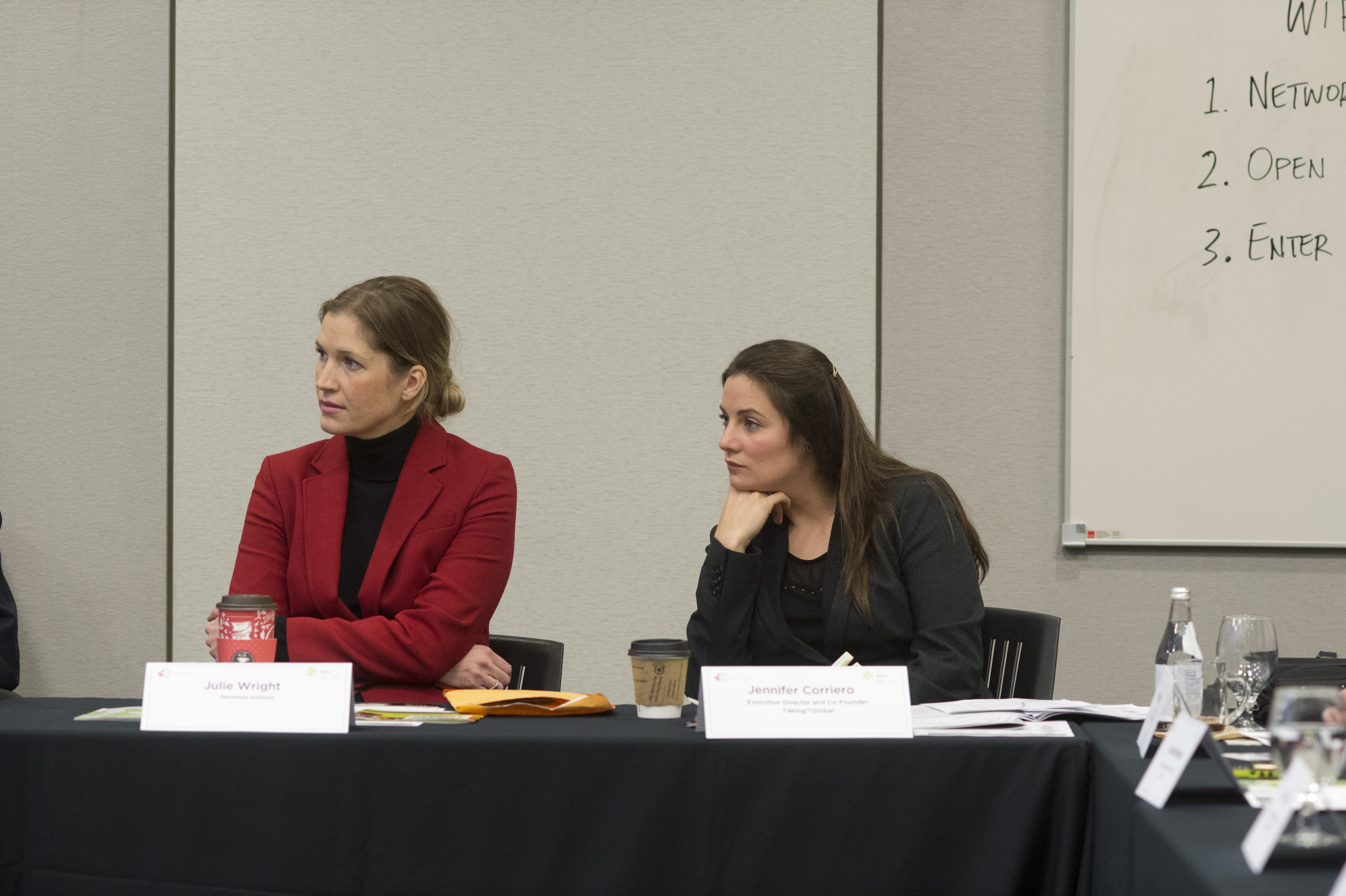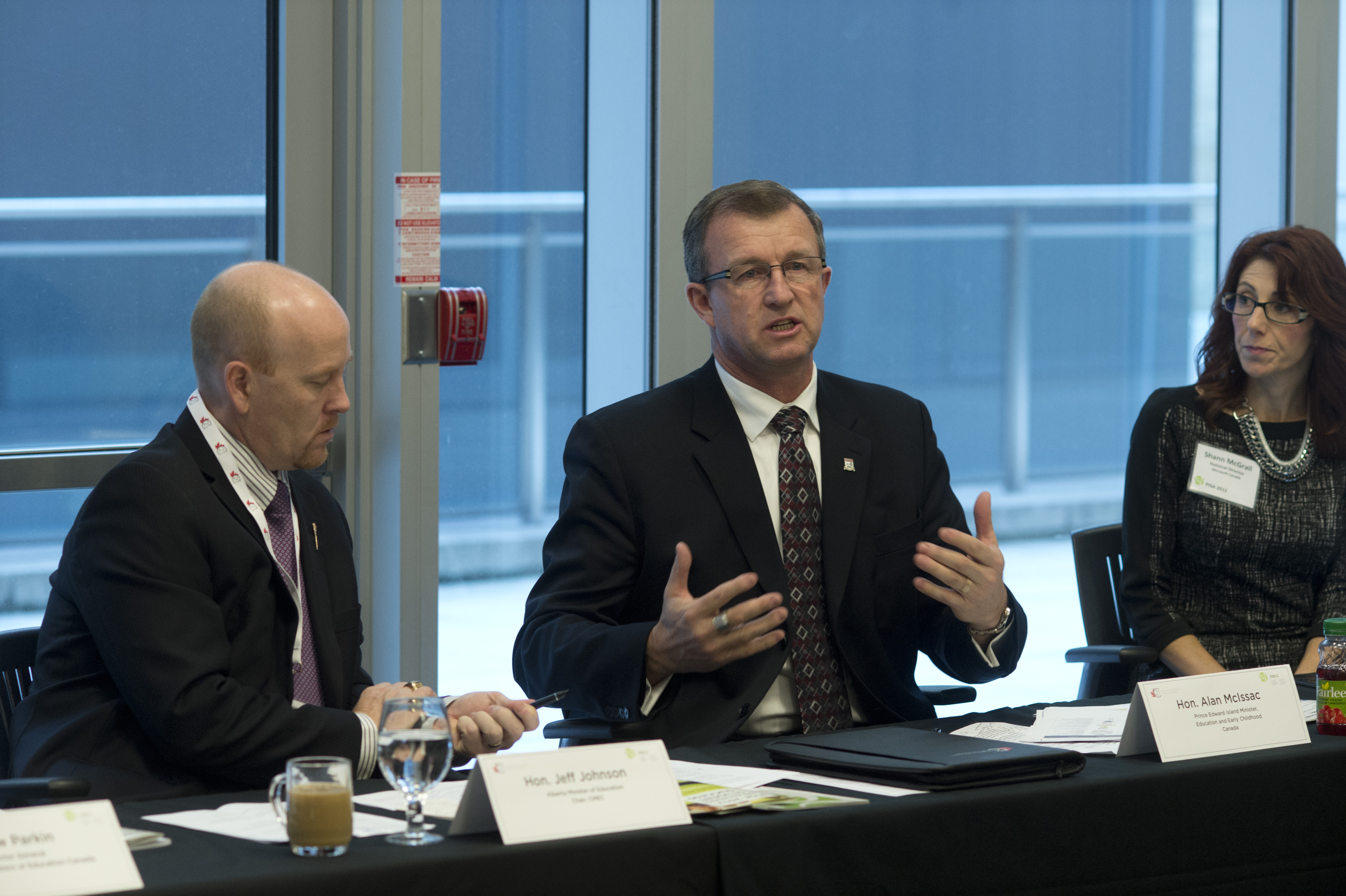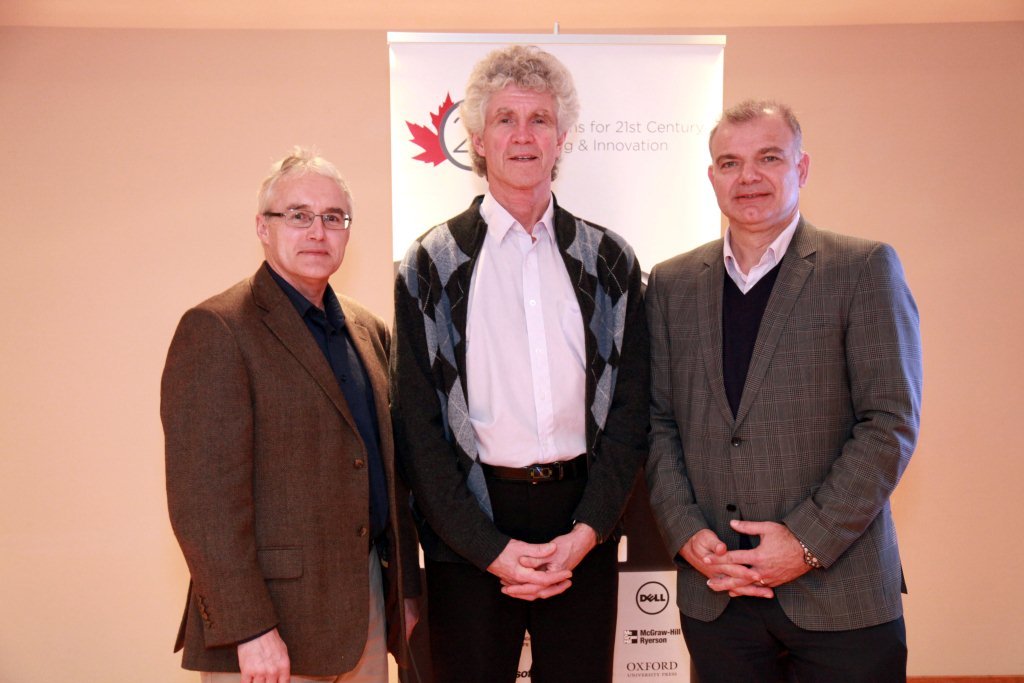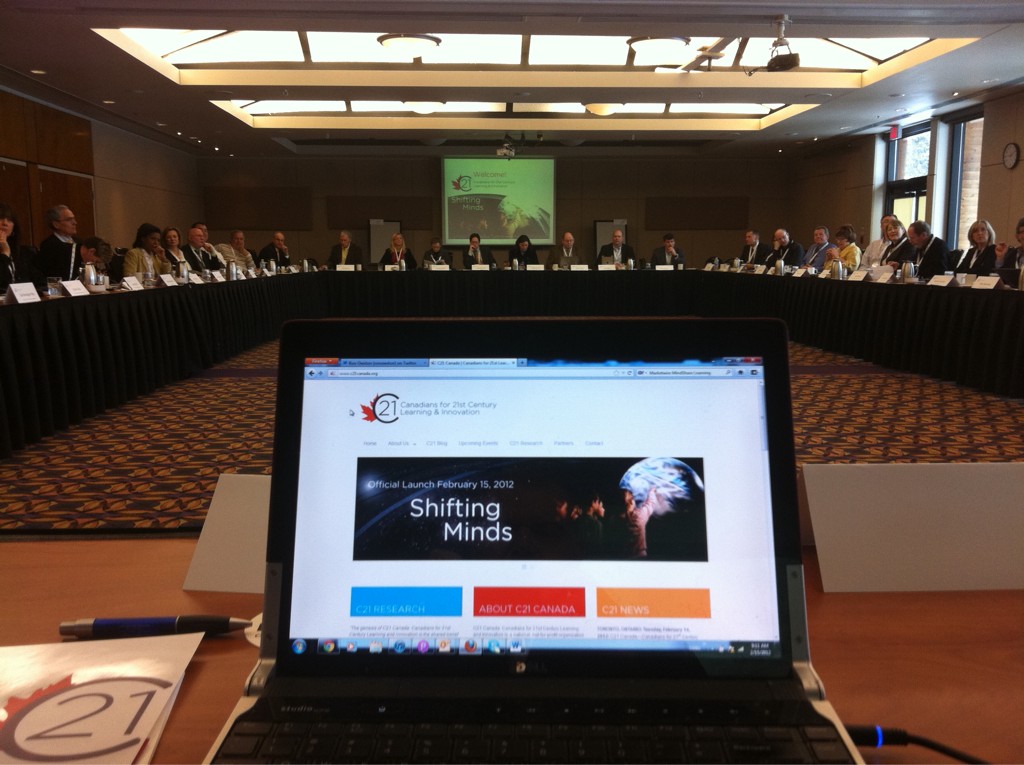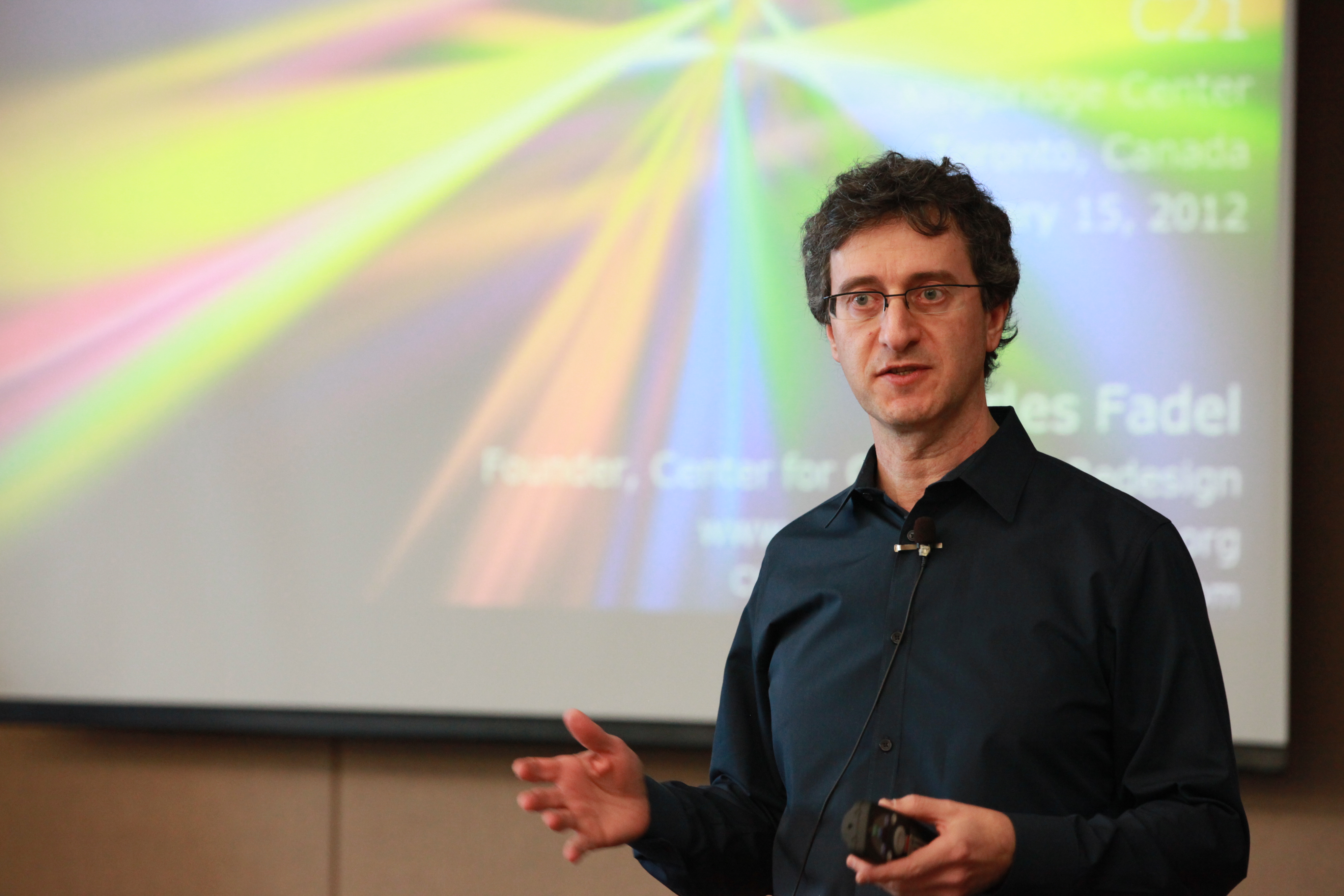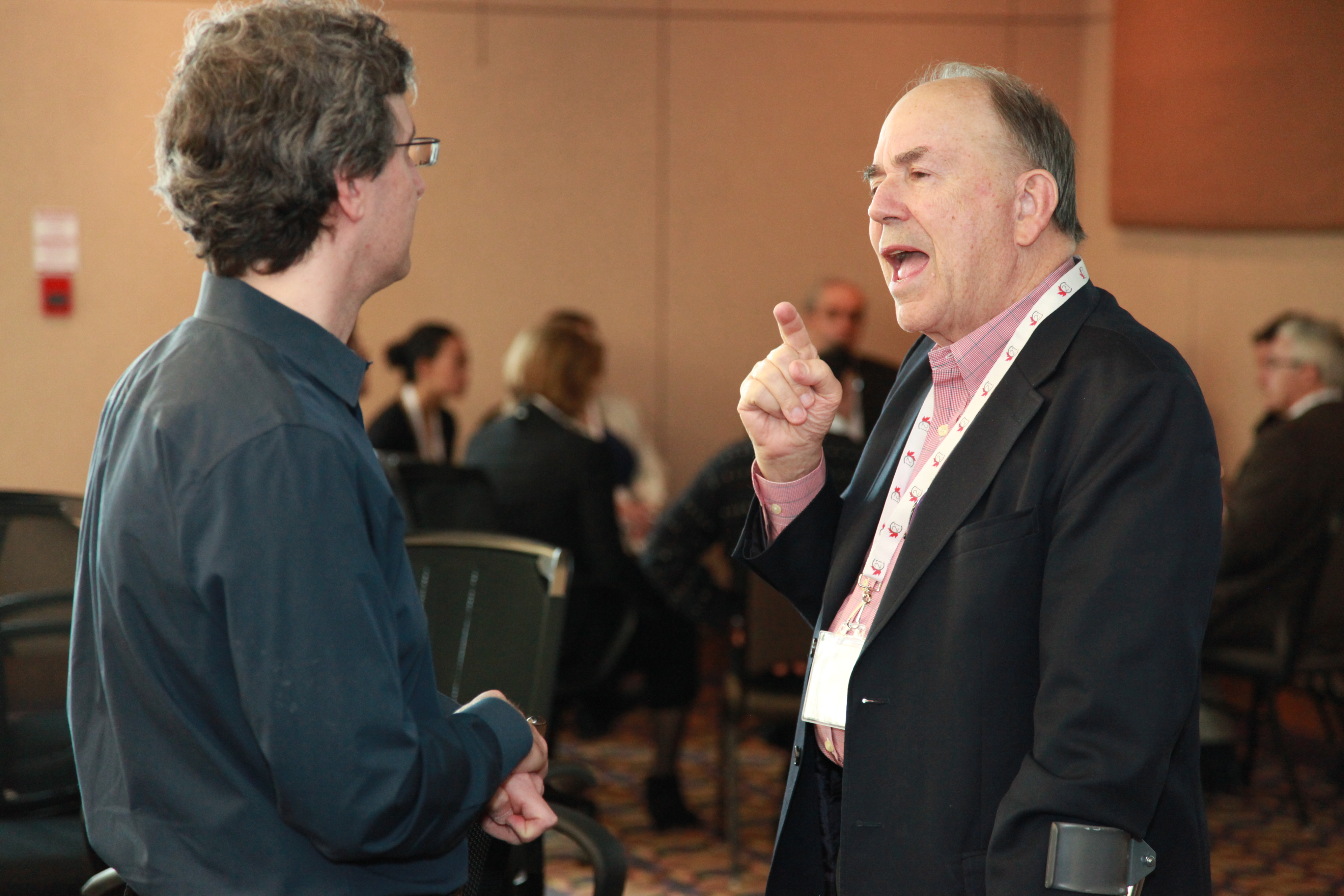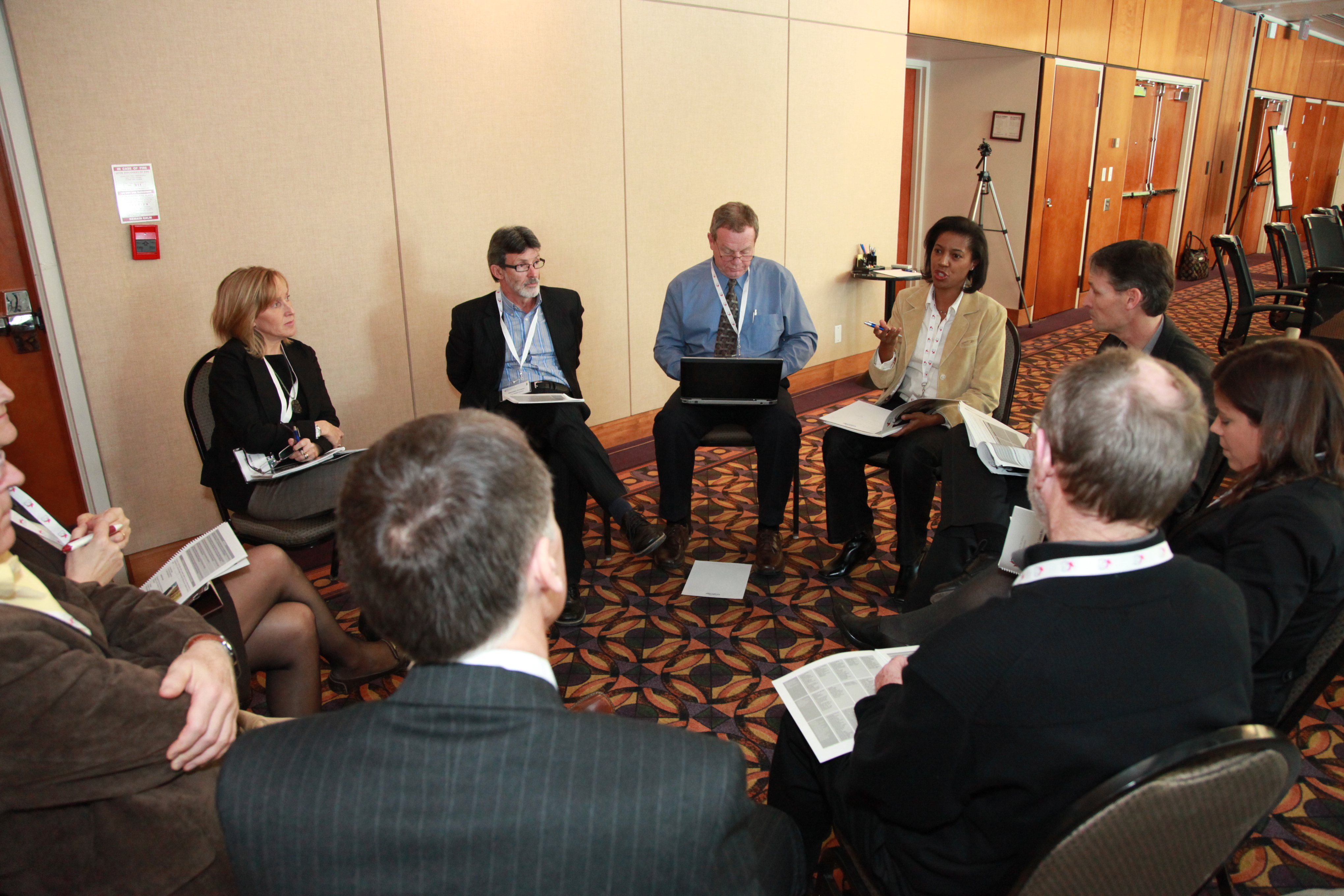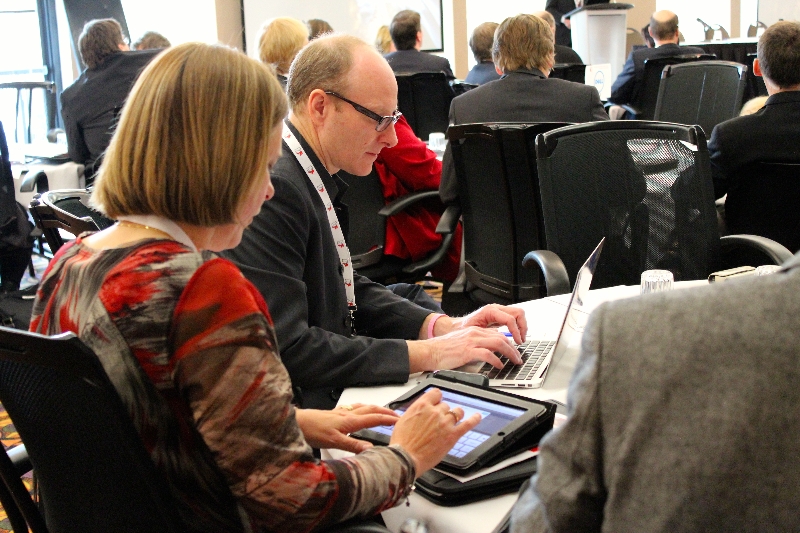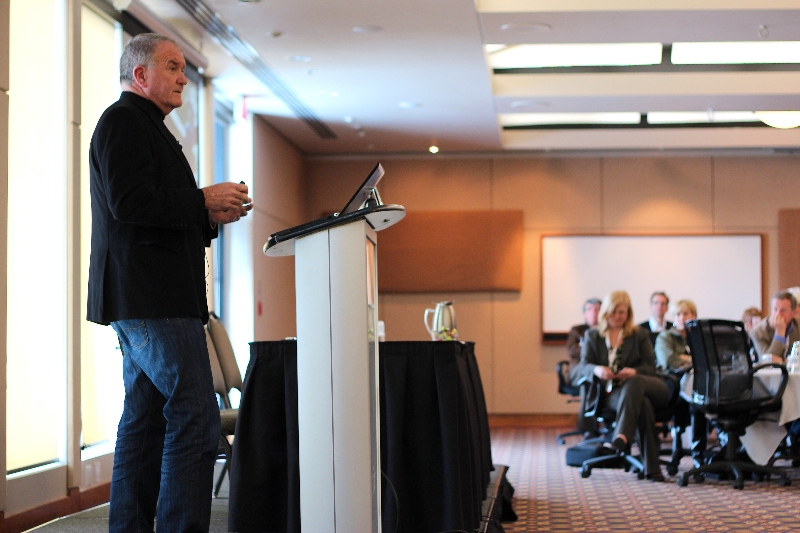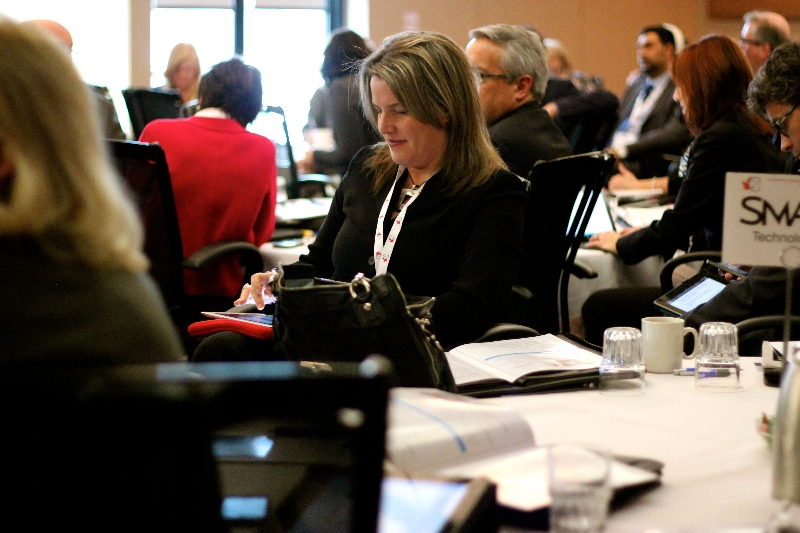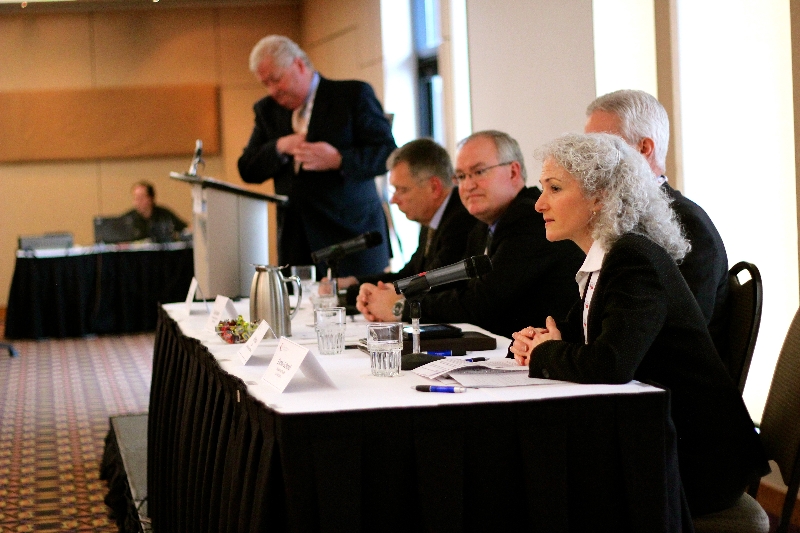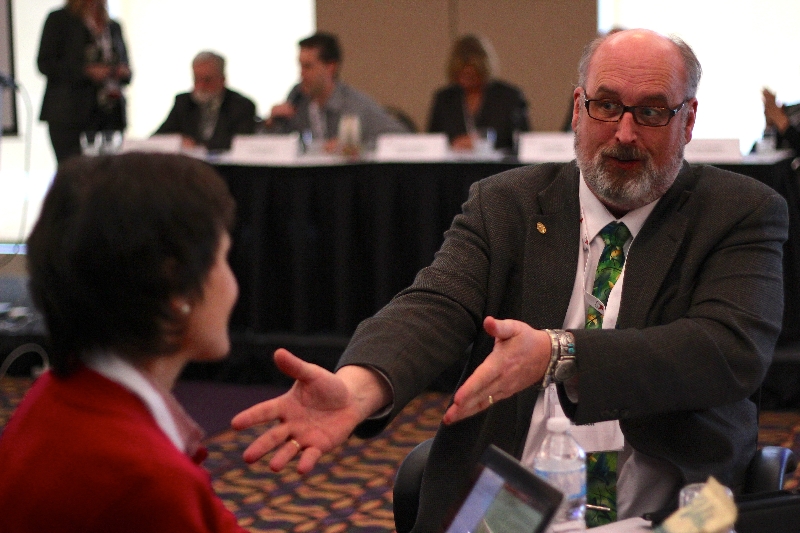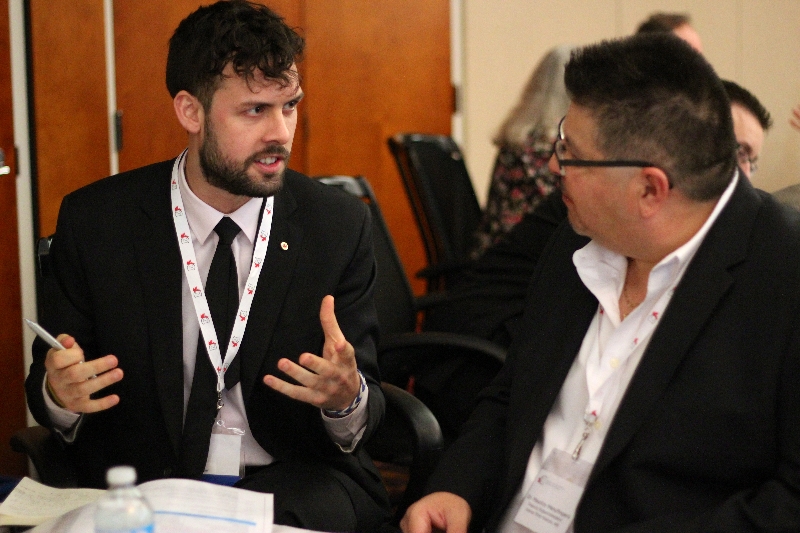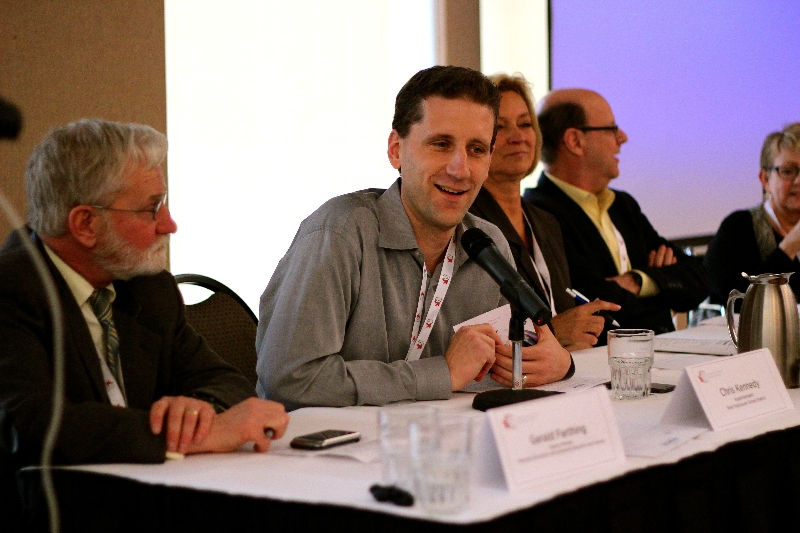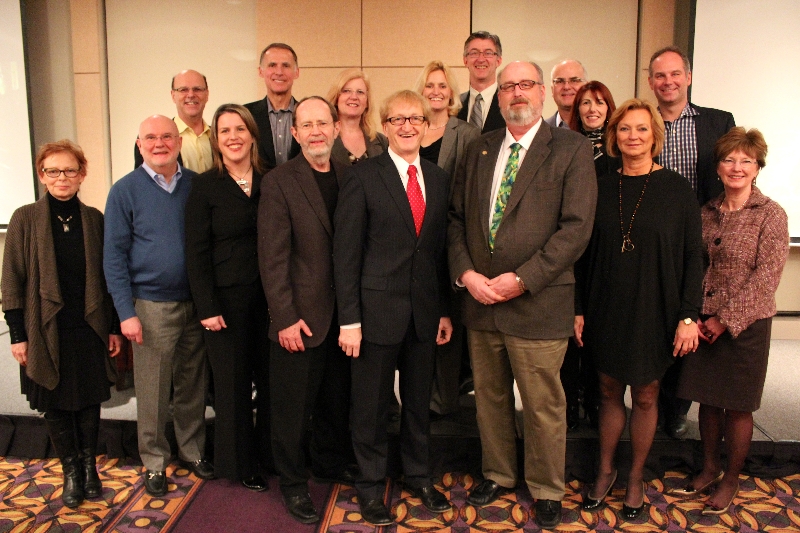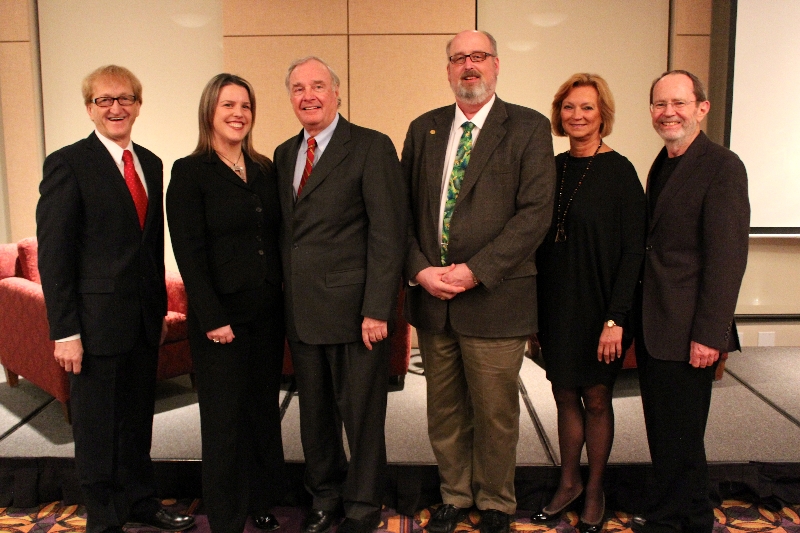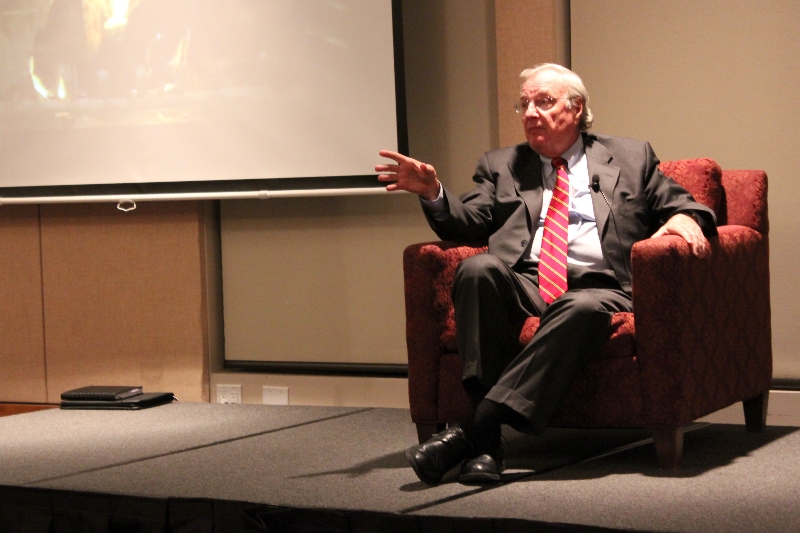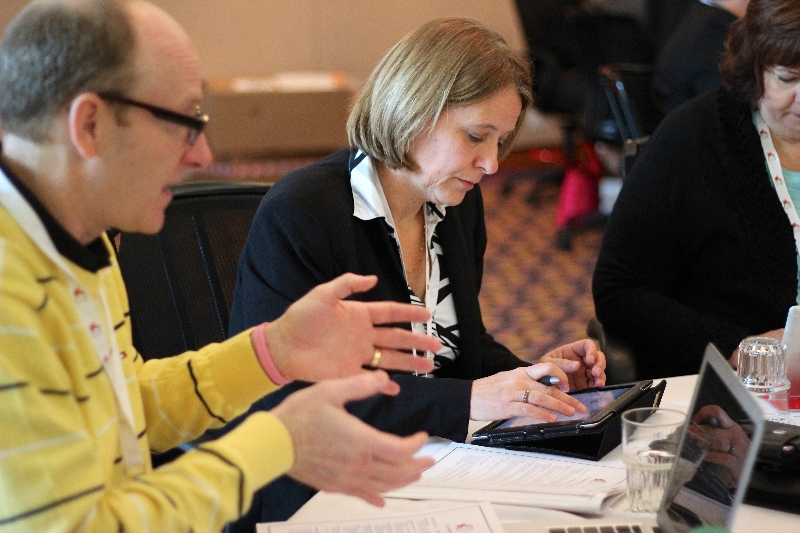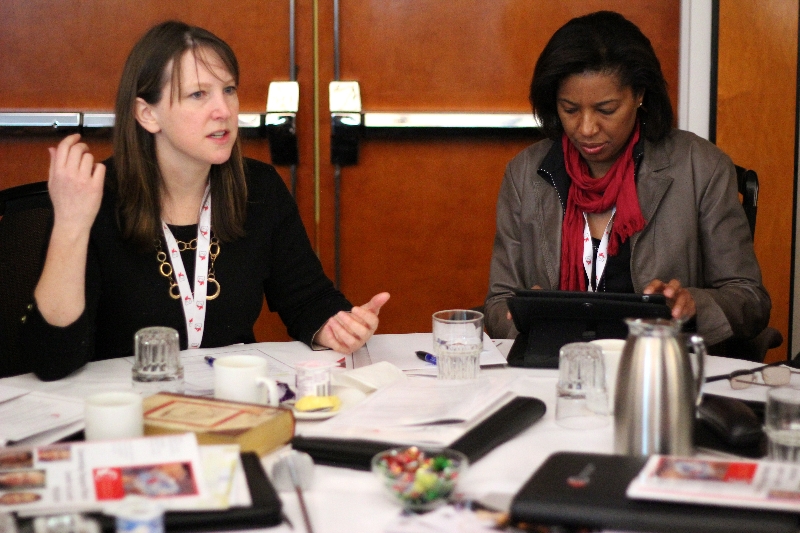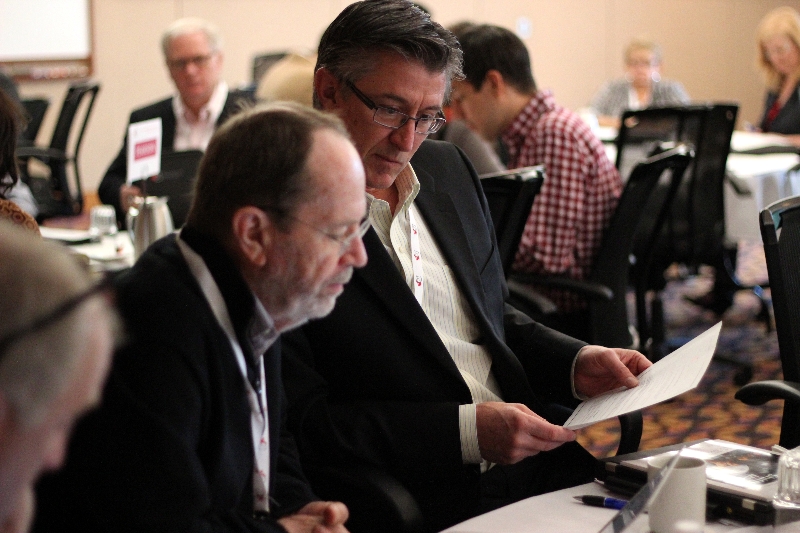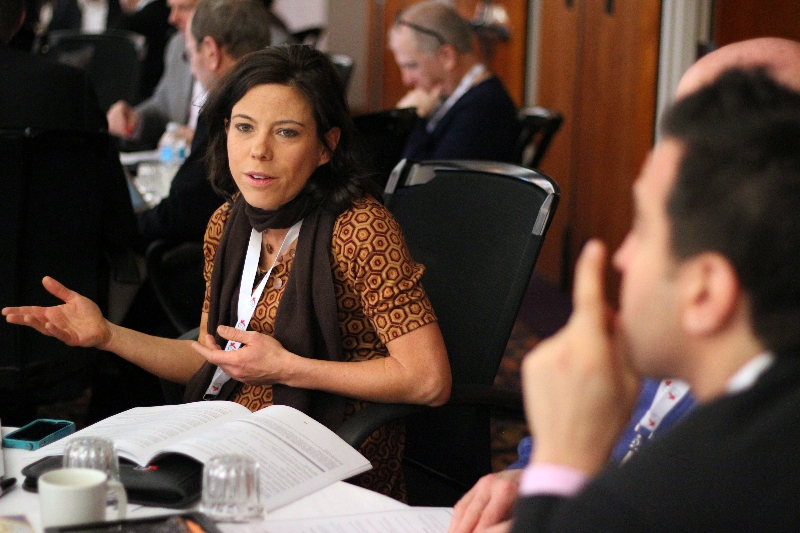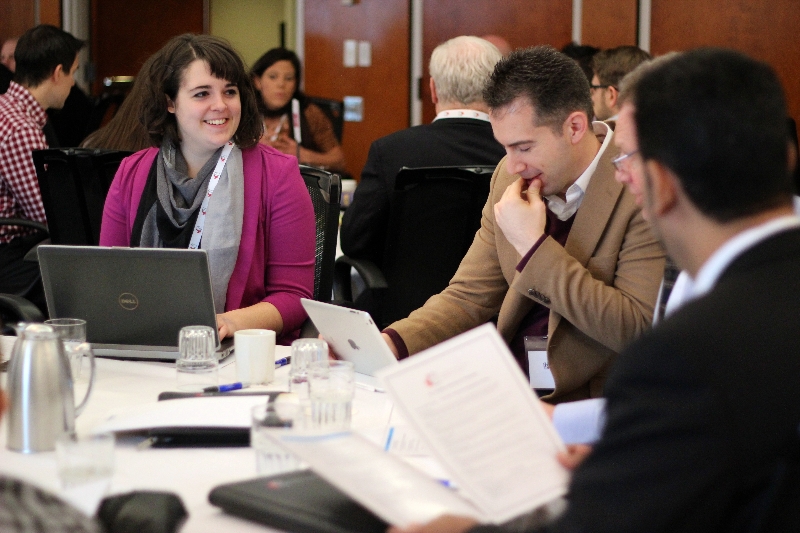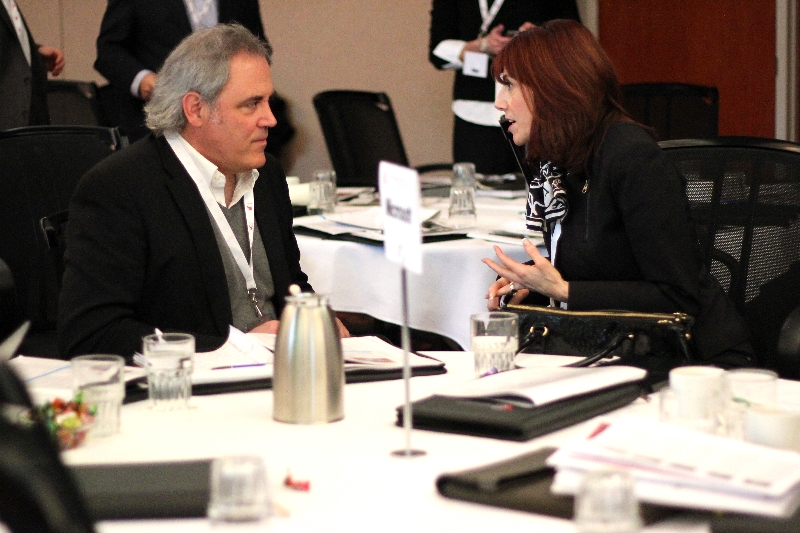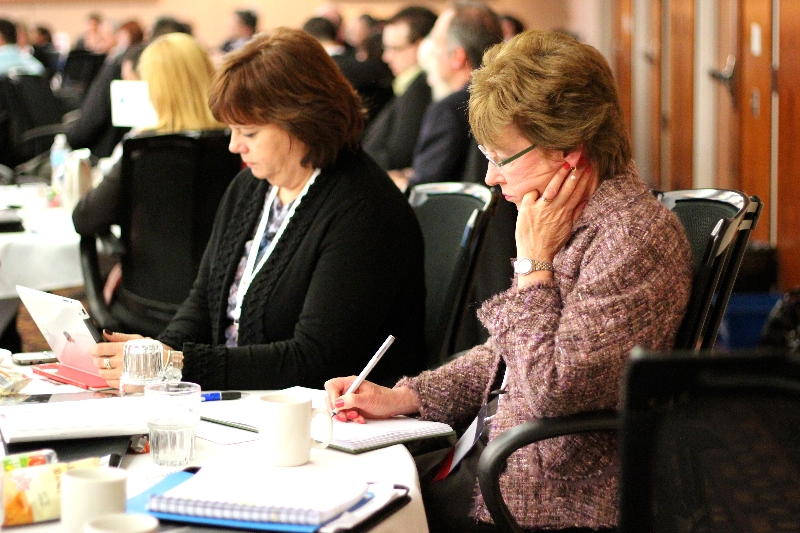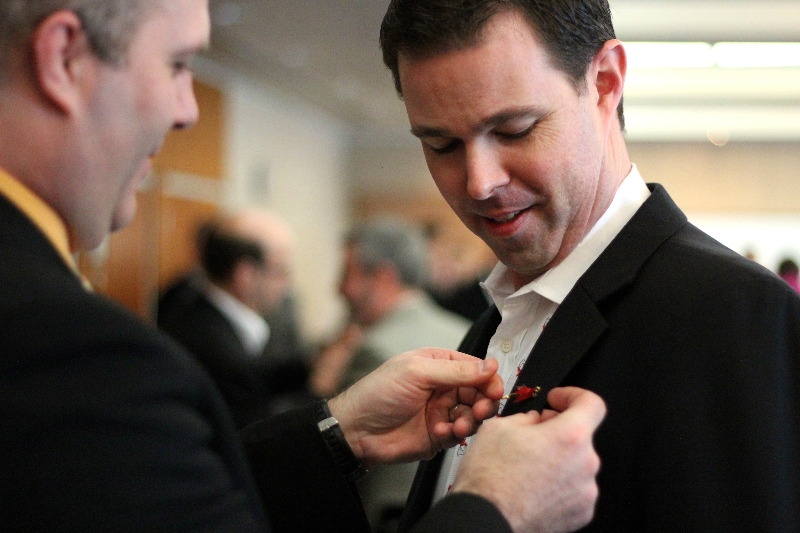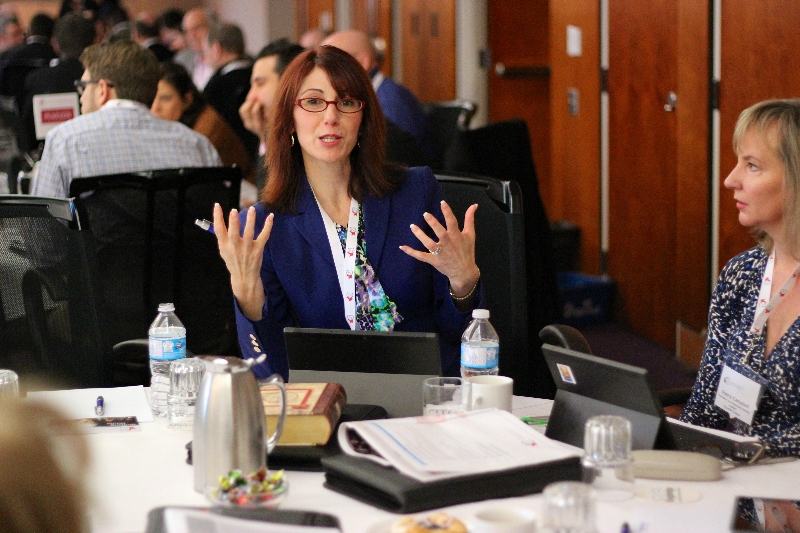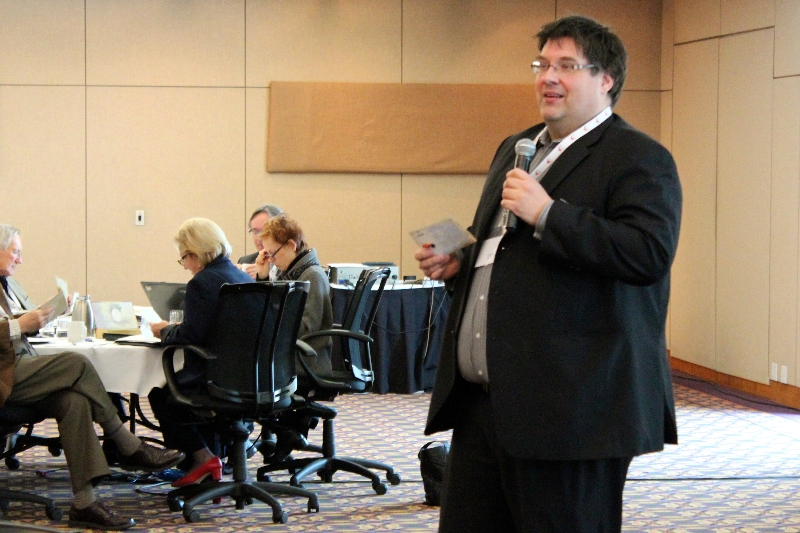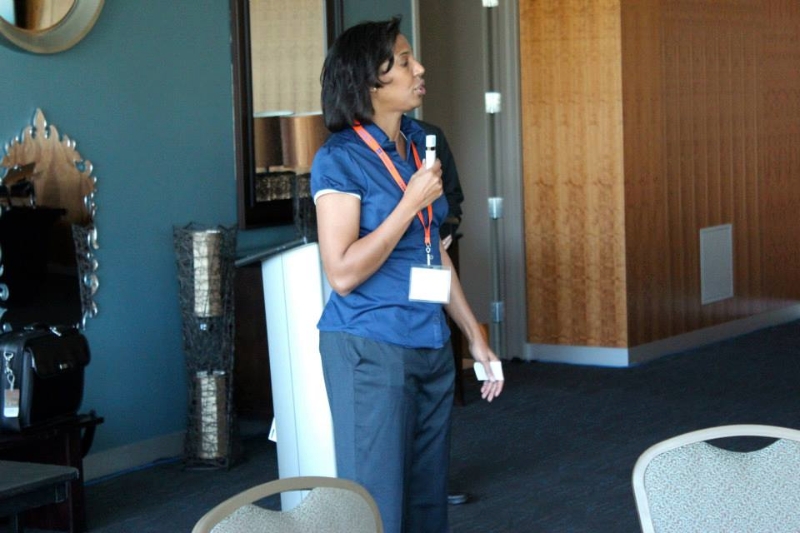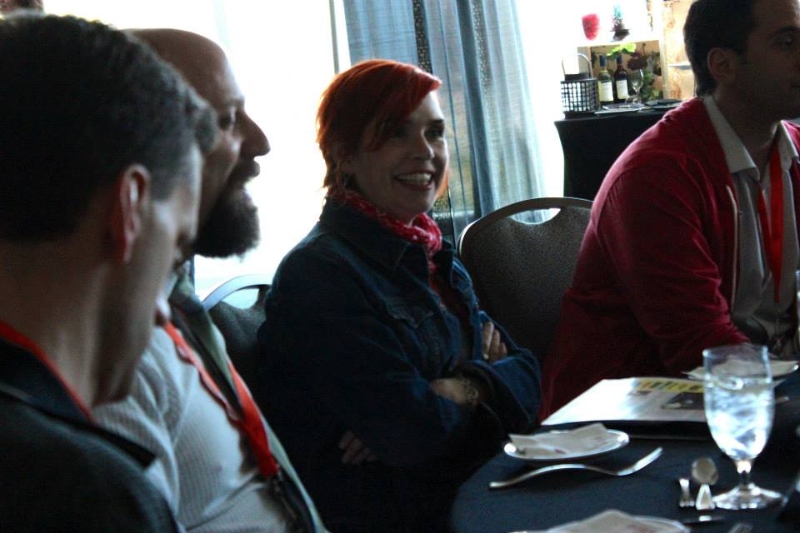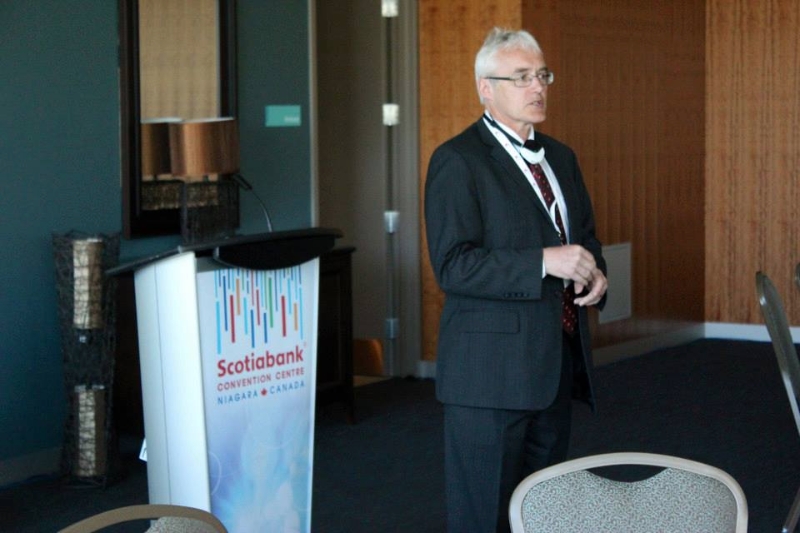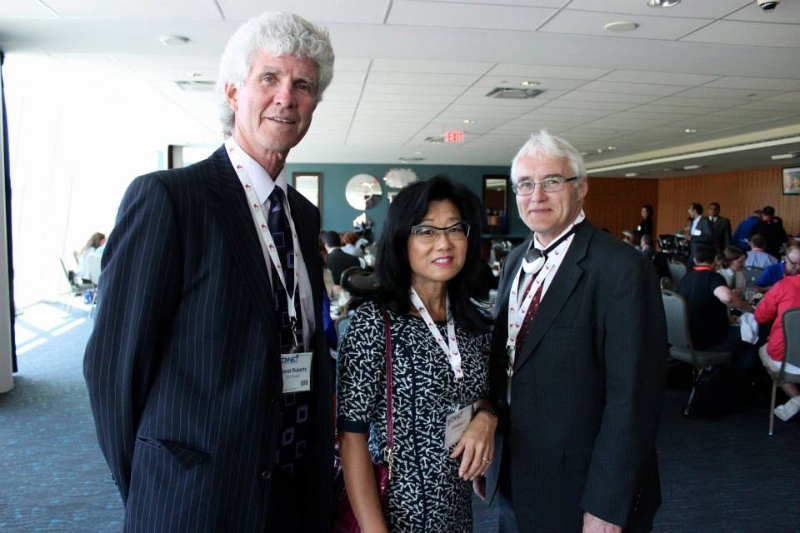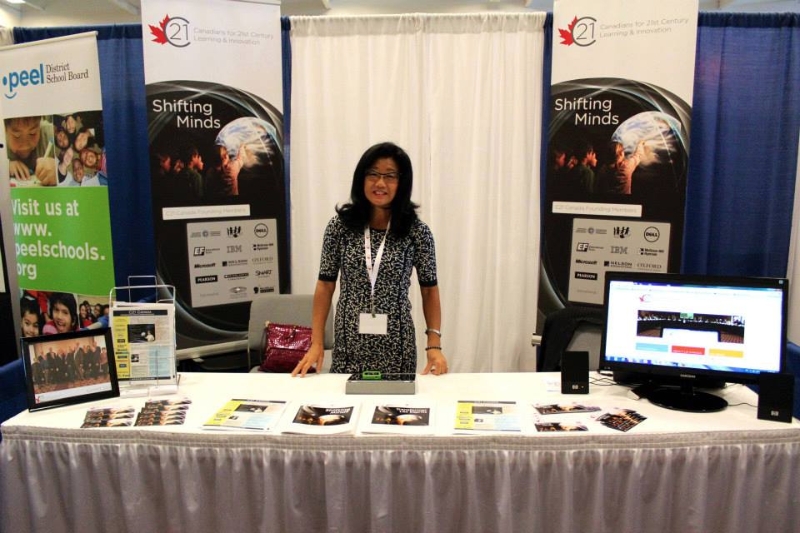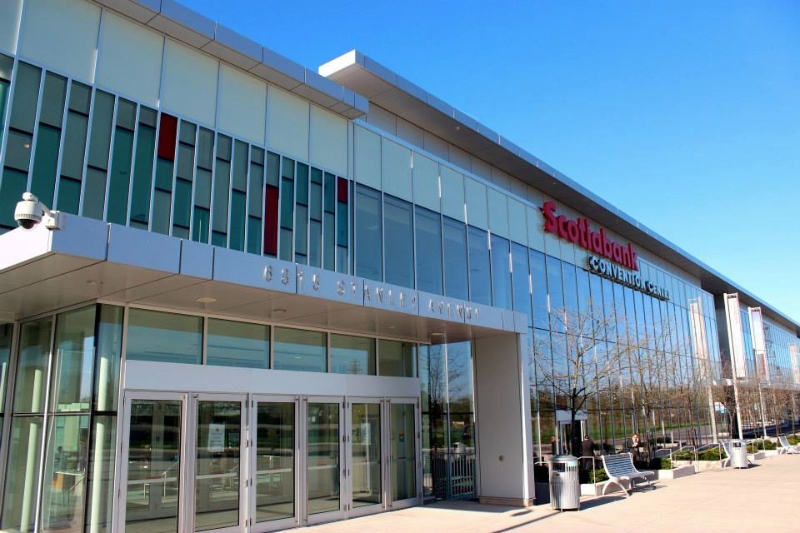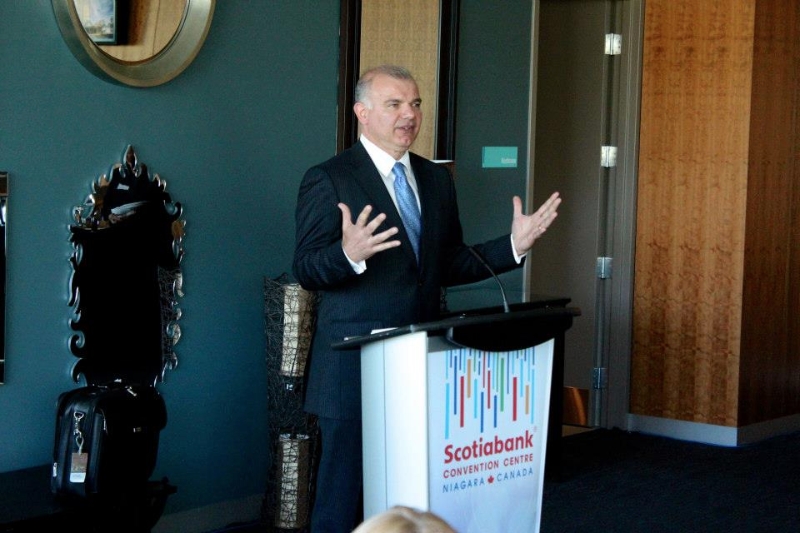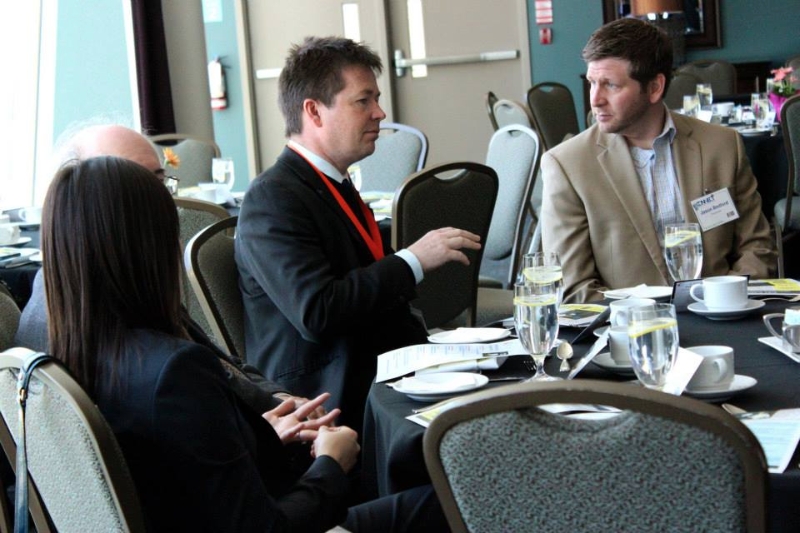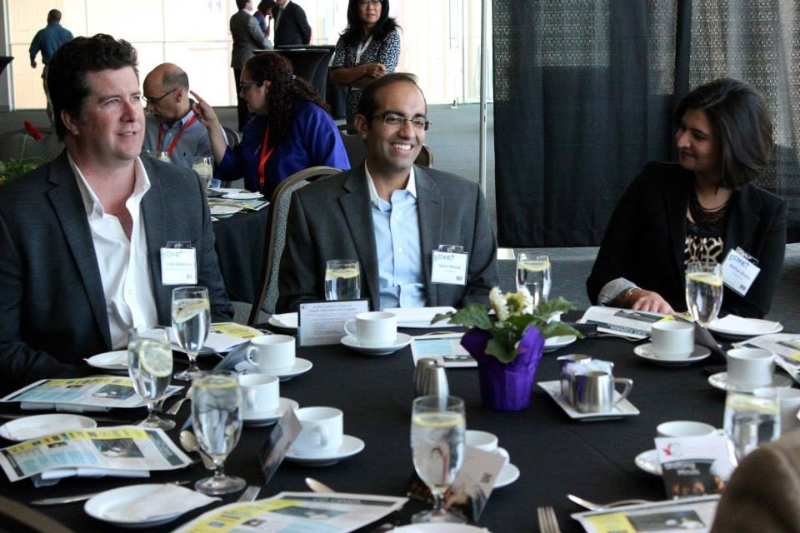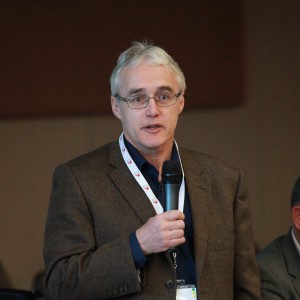 By John Kershaw, President of C21 Canada, President of 21st Century Learning Associates, and the former Deputy Minister of Education for New Brunswick
By John Kershaw, President of C21 Canada, President of 21st Century Learning Associates, and the former Deputy Minister of Education for New Brunswick
C21 Canada applauds the federal budget’s focus on skills development. Our organization has consistently stated that highly skilled people are the economic and social drivers of the knowledge and digital age and more and more Canadians are recognizing this to be the new reality. C21 Canada will not debate the wisdom of the solutions to the current skills gap proposed in the budget; we just welcome the priority on education and human capital.
However, we offer a word of caution. While the federal government’s focus on skills is welcomed, any trend going forward to limiting the national debate on closing the skills gap to the post secondary sector is a mistake.
Fortunately, there is positive news in this regard. On March 25th the Canadian Council of Chief Executives hosted a forum on the K-12 system. John Manly chaired and signalled that the CCCE wishes to foster a national dialogue on whether Canada’s public education systems are where they need to be given the transformational changes being witnessed in the global economy and society.
At long last Canada’s economic leaders are recognizing Canada’s K-12 systems as an essential element of Canada’s economic competitiveness. Given that highly skilled people are now the economic drivers of the 21st Century, this should come as no surprise; but it is highly welcomed nonetheless. A national dialogue on public education in the 21st Century is long overdue.
Why? C21 Canada is calling for Canada’s public education systems to be modernized to position Canadian youth for success in the knowledge and digital age. While repositioning the post secondary sector to the new reality is also critical, if Canada’s youth continue to disengage from learning and reach colleges and universities without the pre-requisite 21st century competencies and skills, the game is already lost.
What needs to be done? As first steps, Provinces and Territories must infuse 21st century competencies into their targeted learning outcomes and invest in technology enabled learning systems. Differentiated learning and personalized access to the internet and digital learning resources must become the hallmarks of Canada’s public education systems.
If we are to nurture responsible citizens and productive innovators, we need to engage learners with the tools of their generation. Access to information for learning via technology should be an inherent right of citizenship. If we are to successfully close the skills gap long term, we must have a concerted national effort to equip our learners in the K-12 system with ICT rich learning environments, and have teachers trained to harness the power of technology enabled learning. We need to embrace personalized access to the internet as the most powerful learning opportunity in human history. And where affordability is an issue for some young learners and their families, the technology for learning must be provided.
Innovative 21st century inspired models of learning in public education are expanding globally, and while we have pockets of brilliance and innovation here in Canada as well, we are not embracing and investing in these models fast enough. As a result the majority of our youth are not being adequately prepared for their futures. This issue is particularly acute in many of our First Nation communities. By not equipping individual learners with the skills they will need for success in an innovation-driven world, Canada’s future competitiveness is at risk. The call to action is clear. Modernize Canada’s education systems for our K-12 learners on an urgent basis, or all the millions of dollars to be directed by the federal government in the years ahead to post secondary and adult training will not fix the skills gap long term.


